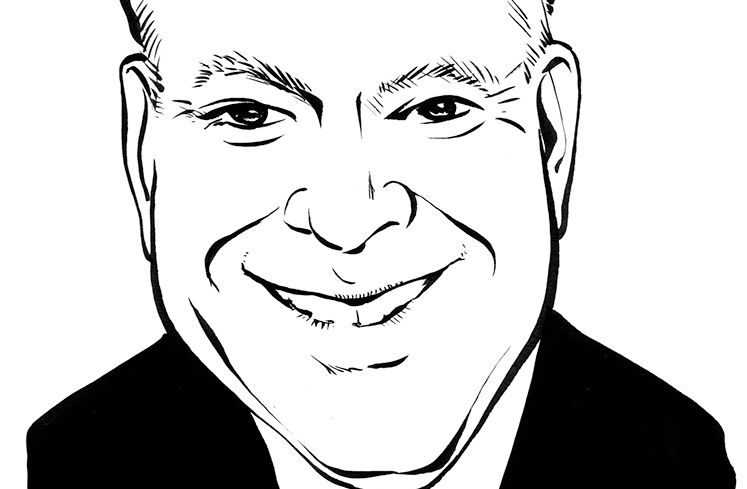What Happens When a Crowdfunded Deal Goes Bad?
By Joshua Stein July 13, 2015 1:20 pm
reprints
Some of today’s crowdfunded real estate deals will inevitably go bad, for many possible reasons. What then?
Serious real estate players know a troubled deal typically involves a negotiation, but not necessarily a disaster. It may require writing a check, often when no one wants to do that.
How this will play out for a crowdfunded deal depends partly on the deal type. So far, my sources say, most crowdfunded deals have consisted of some form of subordinate debt—not equity but also not first mortgage debt—in the middle of the risk spectrum.
If any deal with subordinated debt has problems, the deal documents usually let subordinate debt holders protect themselves by paying money. If they don’t, then sooner or later they theoretically lose everything. But the documents rarely play out as written. Instead, the debt holders negotiate something and live to fight another day, but probably still need to write checks.
The crowdfunding documents need to deal with all this. It starts with disclosure, if anyone reads it. When actual problems arise, someone needs real-life real estate skills and experience. That person must evaluate the problem—and above all the real property involved—and then work something out with the more senior lenders.
How this will play out depends on the particular crowdfunding platform. Some just make introductions, like a broker, with no future role. There, investors will have to hope that the sponsor decides to do something to save the deal. The platform itself may “curate” deals—introducing the “crowd” to the sponsors who want their money—but has no continuing role. In other cases, the crowdfunding platform will manage the deal, hence come along for the ride. In the case of the Propellr crowdfunding website, the sponsor and the platform are effectively one and the same. The sponsor and its principals always keep 10 percent of each deal. Hence they are very much along for the ride and aligned with their investors.
If a crowdfunded deal needs money, where will it come from? Any check-writing will be painful and difficult, like a “down round” in venture capital. The sponsor might write a check, but won’t commit in advance to do that. Some Propellr deals require investors to contribute more capital, if needed, up to 20 percent of their initial contribution. This creates some cushion. If an investor doesn’t come through, though, they aren’t liable for the additional contribution. They just face dilution.
To the extent investors rely on the sponsor to “save the deal,” the investors also need to remember that if the market suffers a downturn, so might the sponsor. Who will then step into the sponsor’s shoes? Tom Kearns, a lawyer who follows crowdfunding, says some crowdfunding sites are starting to build backup arrangements into their documents, such as a trustee who would take over if the sponsor fails.
An investor in a crowdfunded deal should understand what happens if things go wrong. Do the documents have a mechanism so the crowdfunded group can make a deal with other players? Can the group raise the money to close such a deal? Does the sponsor have enough exposure to have any incentive to save the deal? And if the sponsor fails, will that drag the deal along with it?
On the other hand, of course, a crowdfunding investor might decide that the possibility of trouble is so low that he or she will just deal with it if it happens. If the investor has total comfort with the valuation of the real estate, the exit strategy, and the sponsor’s numbers, then perhaps that’s not a crazy position, or a crazy risk, to take. The investor might even figure that if the deal turns out badly enough—however unlikely that may be—the investor will just walk away and lose his or her investment. It’s like a buying stock in a startup that might go bankrupt. For a high potential payoff, the investor might take the risk.
If that risk actually hits, of course, the investor will sue anyone in sight. The first target, the deal sponsor, may have left the picture at that point. That leaves the crowdfunding platform where the investor bought the deal.
Crowdfunded deals, like any other deals, can be really great deals—until they’re not.
Joshua Stein is the sole principal of Joshua Stein PLLC. The views expressed here are his own. He can be reached at joshua@joshuastein.com.



